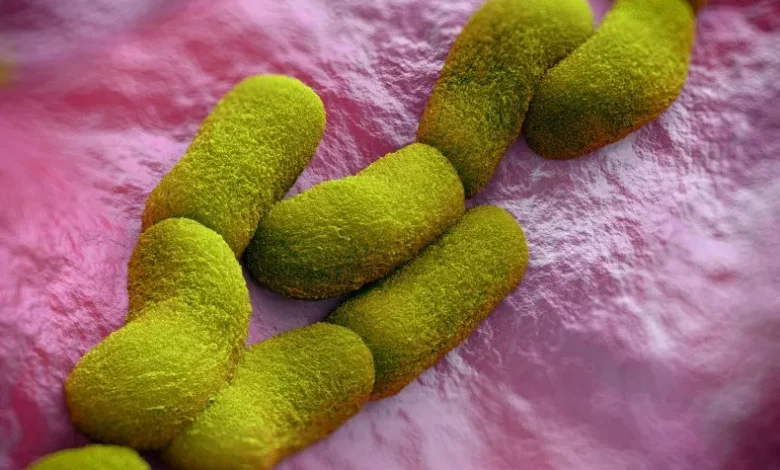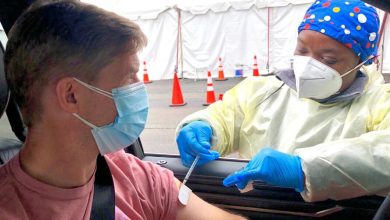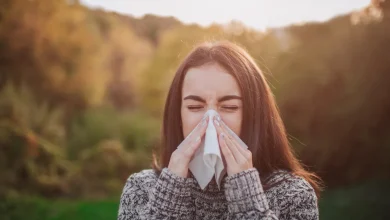Bubonic Plague Strikes Colorado, Health Officials Confirm

Health authorities in Pueblo County, Colorado, have verified a human case of bubonic plague following an inquiry into the presence of the pathogen last week. Authorities are already advising those experiencing symptoms to promptly seek medical assistance.
The bubonic plague is caused by the bacteria Yersinia pestis, which is spread by fleas and naturally circulates among wild rats. Individuals can contract infections by the biting of infected fleas, direct contact with infected animals, or inhalation of droplets expelled from the cough of an infected person or animal.
The symptoms encompass abrupt onset of fever, chills, muscle and headaches, along with nausea, vomiting, and enlarged and painful lymph nodes.
Alicia Solis stated that medications can effectively treat the plague, but it is crucial to swiftly treat an infected individual to prevent severe consequences or death. She has the position of programme manager at the Pueblo County Department for Public Health and Environment, specifically overseeing the Office of Communicable Disease and Emergency Preparedness.
The Pueblo health department initiated an inquiry into a human case of the disease on July 5, following initial test results that suggested the presence of the bacteria. On July 8th, the department officially verified that the case tested positive.
From 2005 to 2021, Colorado has documented a solitary occurrence of bubonic plague in humans. Nevertheless, in the year 2021, a total of 10 instances of the plague were reported in animals.
“Solis recommended that all individuals take measures to safeguard themselves and their pets against the plague,” advised Solis. She mentioned that there are several measures you can implement:
- Eradicate any potential hiding and breeding spots for rodents in the vicinity of your residence, garage, shed, or recreational space. Eliminate vegetation, stone accumulations, waste, and stacks of timber.
- Refrain from coming into contact with deceased animals. If you are required to handle sick or deceased animals, adhere to these recommendations. Begin by applying an insect repellent to shield yourself against fleas. Subsequently, employ a shovel with an elongated handle to carefully transfer it into a waste bag. Finally, place the bag in an exterior waste receptacle.
- To prevent flea bites, apply insect repellent containing 20 to 30 percent DEET. Apply treatment to trousers, socks, shoe uppers, arms, and legs.
- Avoid allowing pets to sleep in your bed.
- Administer regular flea treatments to dogs and cats. The efficacy of flea collars has not been substantiated.
- Prohibit pets from engaging in hunting or wandering in places inhabited by rodents, such as prairie-dog colonies.
- Store pet food in containers that are resistant to rodents.
In the event that you have signs of the plague, it is imperative that you promptly reach out to your healthcare professional.




